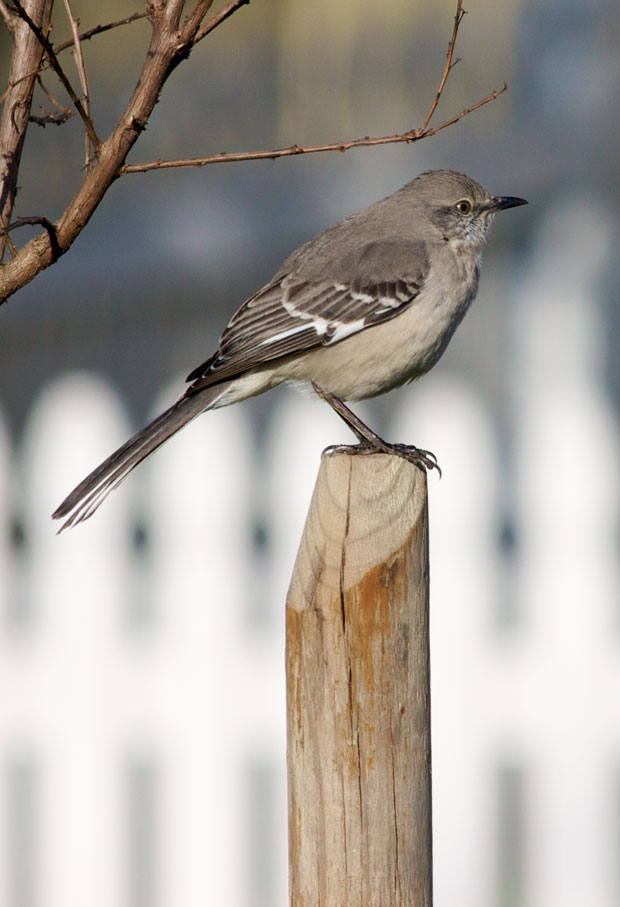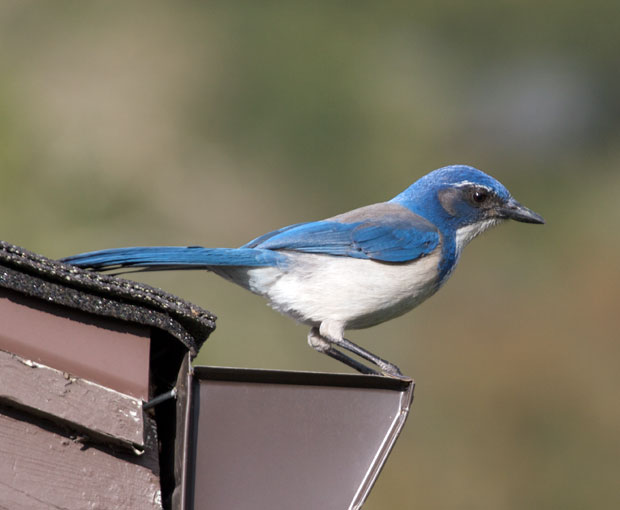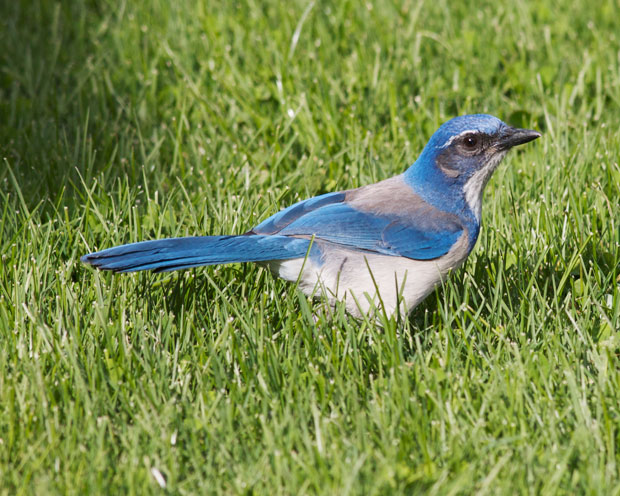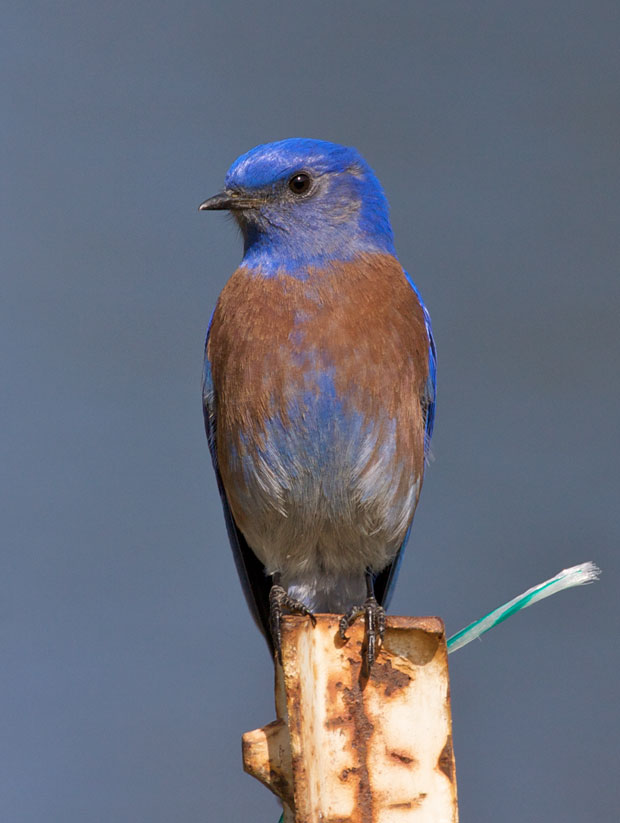It’s been a long time since I read e.e. cummings, though he was one of my favorite poets in college. Mike’s suggestion that I might want to take a look at his Unitarian roots made me decide to re-read his Collected Poems. I’m enjoying reacquainting myself with his poetry, especially since it gives me a chance to compare poems that I liked while at college and poems that I like now. I decided not to look at poems I’d marked until I’ve actually re-read them.
I did look back and see that I also enjoyed this poem the first time I read it, suggesting that neither cummings nor i have entirely shaken our Romantic heritage:
21
Oh, sweet spontaneous
earth, how often have
the
doting
fingers of
prurient philosophers pinched
and
poked
thee
,
has the naughty thumb
of science prodded
thy
beauty . how
often have religions taken
thee upon their scraggy knees
squeezing and
buffeting thee that thou mightest conceive
gods
(but
true
to the incomparable
couch of death thy
rhythmic
lover
thou answerest
them only with
spring)
Generally when I think of e.e.cummings i tend to forget about the content of his poems and focus on the rather obvious differences between his poetry and that which proceeded him. Poems like this remind me just how traditional much of the comment seemed. Of course, seen in the context of contemporary poetry, his style also seems much more traditional than it did when i read him in the 60’s. In fact, he reminds me more of Metaphysical poems like Doone and Herbert than he does most current poets.
Still, there’s an immediacy to this poem that reminds me more of Taoism than I would ever have imagined. He rejects attempts to turn Nature into Gods, but contrasts the marvel of spring to the “incomparable couch of death” it’s “rhythmic lover.”




